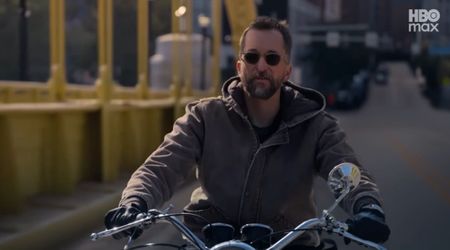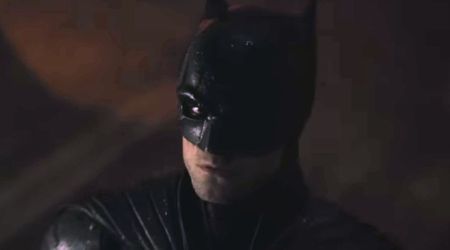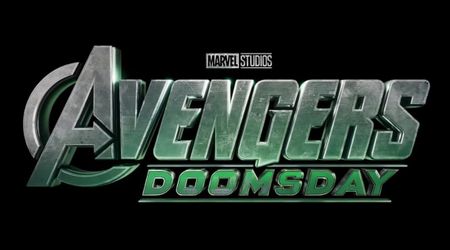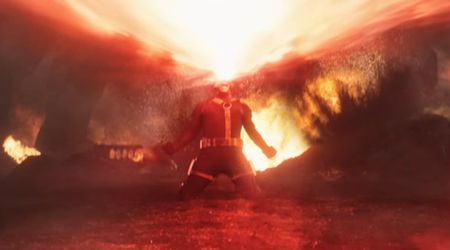'Fireball: Visitors from Darker Worlds': Apple's Herzog-Oppenheimer docu is about science, faith and 'sense of awe'

Filmmaker extraordinaire Werner Herzog first met Cambridge University geographer and seismologist Clive Oppenheimer when he was making a documentary about Antarctica called 'Encounters at the End of the World'. The duo then collaborated on Herzog's documentary about volcanoes, titled, 'Into the Inferno'. In their third outing as collaborators, Herzog and Oppenheimer have come together to direct 'Fireball: Visitors from Darker Worlds' that is being released on Apple TV+. The documentary is nothing like what you would expect – especially if you've never seen a Herzog documentary before. Yes, the subject may be scientific at heart, but 'Fireball' is about so much more.
As the full title suggests, 'Fireball: Visitors from Darker Worlds' is about our visitors from outer space – meteors and asteroids. At the onset, this has the potential to be a peak scientific documentary – as space documentaries generally tend to be. But humankind's tryst with space goes back centuries and involves more than just science. This is what is the most obvious aspect you take away from Herzog's documentary. As is mentioned in 'Fireball', "You can't do science if you do not have a sense of awe."
As far back as humankind's history goes, meteors have played a large part in ancient cultures in all parts of the world -- from North America to the Middle East to Australia. As such, Herzog's documentary takes us to all these places to examine how meteors have shaped our cultural understanding and have become a part of our faith systems. For instance, the Black Stone in Kaaba, Mecca is speculated to be a meteorite – the stone is now the site of an annual pilgrimage by those who follow Islam. Then there is the Yucatán Peninsula, where the Chicxulub impactor left its 93-mile-wide (150 kilometers) mark 65 million years ago; and Mer Island in the Torres Strait, where Melanesian Meriam elders recall myths that describe how meteors are a link to the afterlife.
Throughout the documentary, with Oppenheimer in front of the camera (as well as behind it), Herzog narrates 'Fireball' with his signature raspy voice, with his signature dark comedic chops. Perhaps it is his voice, or perhaps the calming music that plays while the visuals go on, but 'Fireball: Visitors from Darker Worlds' qualifies to be one of the most comforting watches of the year -- it feels like a cup of tea on a rainy day, a warm blanket draped around your cold feet, or even a cold shower after a hot day in the sun, a soft bed after a long day of traveling. 'Fireball' is the kind of film you can play in the background or even one you intently watch as you get lost in either what you see or what you hear -- it is the documentary equivalent of ASMR.
Of course, there is science involved in the documentary, but not so much so that it gets too technical. For instance, at one point when atomic models from history are being explained, Herzog quips, "It gets so complicated that we are not going to bother you with details." However, the documentary is not about humanity's varying forms of faith alone either. To put it simply, 'Fireball' evokes the middle space where science and faith interact -- how both aspects come together to form what humanity is and our unending quest for the understanding of our existence.
'Fireball: Visitors from Darker Worlds' is available to stream on Apple TV+ from Friday, November 13.










